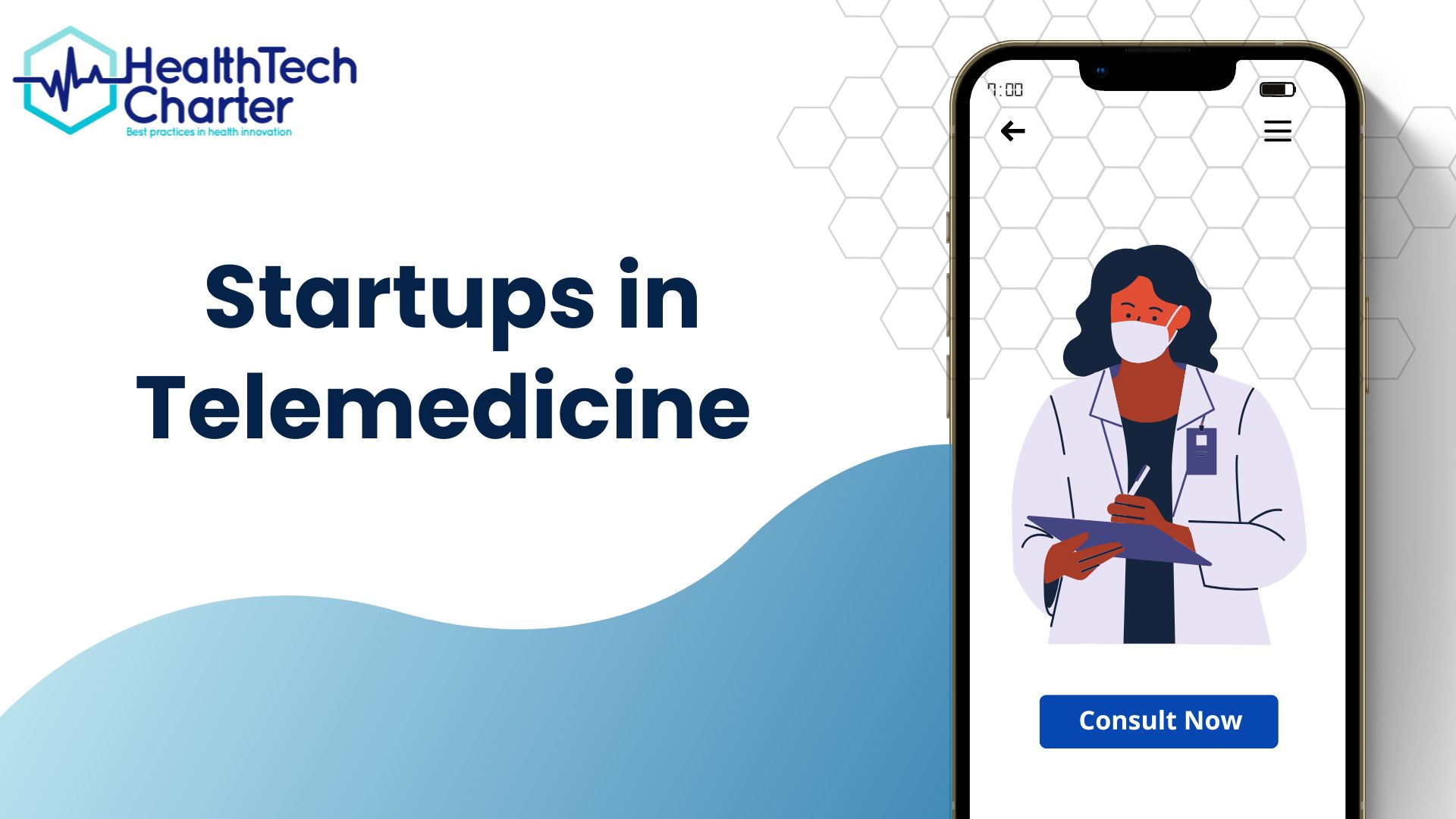Telemedicine solutions, such as online consultations or telemonitoring, enable medical care to be provided remotely. The availability of these digital solutions on a mobile phone, watch, or laptop contributes to the democratisation of healthcare and is a step closer to making universal access to care a reality. The demand for telemedicine services reached an unprecedented peak during the Covid-19 pandemic, when in-person access to services became limited. Entrepreneurs continue to develop telemedicine services that offer speedy, innovative, and flexible solutions to people all around the world. However, the lack of clear frameworks, reimbursements and incentives creates barriers to wider telemedicine adoption across the EU.
Launched in December 2021, the HealthTech Charter serves as a best practice repository of the most empowering policies and measures for digital health innovation across Europe. It provides an opportunity to shape Europe into a hub for digital health innovation and creates benchmarks to inform policy makers what innovators need to succeed. Telemedicine constitutes the fifth topic explored in the HealthTech Charter, delving into strategies that incentivise the adoption and scaling of telemedicine services across Europe. After conversations with health stakeholders, we take a look at the current telemedicine ecosystem of France and Spain.
According to Benjamin Hardy, CEO of Biloba, an application that connects parents to doctors in less than ten minutes, “For us, we solve the impossible equation. We do a better consultation at a better user experience, and at a lower cost. So it’s better for the patient, it’s better for the system, it’s better for the GP, but – it’s not reimbursed yet.” A key barrier to the wider adoption of telemedicine solutions is the lack of standardised pathways to reimbursement and prescription across European healthcare systems – where publicly-funded health systems are the norm.
Under the ETAPES (Expérimentations de Télémédecine pour l’Amélioration des Parcours en Santé) program, kickstarted in 2014, a sandbox was created for the deployment of telemedicine solutions across France. This empowered patients with reimbursable telemedicine, created a pathway for telemedicine entrepreneurs to be reimbursed for their innovations, and fed regulators with the necessary data on why creating a dedicated framework for telemedicine reimbursement was needed. In January 2023, the regulation of the reimbursement of telemedicine came into effect. To ensure patients and entrepreneurs are empowered with continuity of care and services, it is integral to oversee a smooth transition from the ETAPES experimental program to the new legal framework.
Download the French Fitness Check here
According to Cristian Pascual, President of Barcelona Health Hub and Co-Founder of Mediktor, “Conflicting regulations and the lack of reimbursement in Spain and across Europe is the largest stopper for innovation. It’s not clear, and has hindered telemedicine from developing in Spain as it has in other countries.” With the record saturation of telehealth in Spain, multiple barriers still need to be addressed to facilitate its sustainable adoption into the national healthcare system. As with most countries across the European Union, there is currently a lack of legal clarity for telemedicine in Spain. This has contributed to an environment of uncertainty and regulatory loopholes.
Regulating telemedicine in Spanish legislation to counteract fragmentation and specify the dos and don’ts for telemedicine would result in greater acceptance of its services amongst consumers and providers – empowering innovators to keep bringing life-changing solutions to the market. According to Cristian, “A clear, unified telemedicine framework will need to be adopted in order to fully capitalise the benefits of telehealth.”
Download the Spanish Fitness Check here
As smaller actors with access to often less resources, it is crucial to consider startup perspectives in policy and government. Shaping regulation with smaller actors in mind will not only improve the Spanish and French innovation ecosystem, but also drive Europe into a hub for digital health startups.

